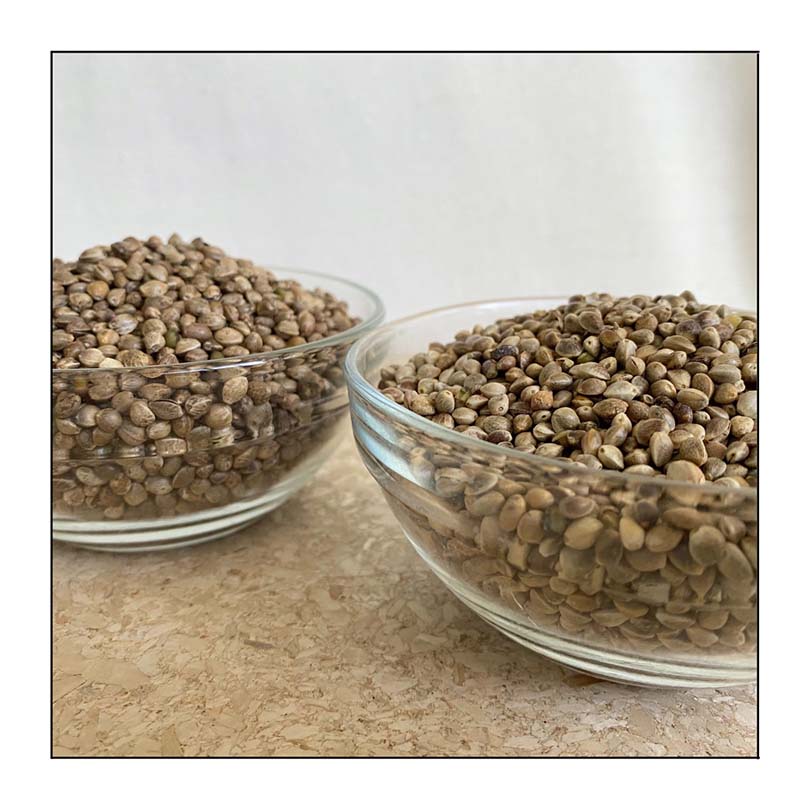Hemp, a multipurpose crop with a myriad of programs ranging from textiles to overall health health supplements, has found a resurgence in curiosity globally, such as in Canada. With the legalization of hashish for recreational and medicinal applications in Canada, hemp cultivation has obtained prominence owing to its non-intoxicating attributes and assorted industrial applications. On the other hand, like any agricultural endeavor, hemp farming in Canada is topic to restrictions aimed at ensuring compliance, good quality management, and customer security. In this post, we delve into the regulatory landscape governing hemp farming in Canada, checking out licensing necessities, cultivation guidelines, and the evolving authorized framework.
Heritage of Hemp Regulation in Canada:
Hemp has a lengthy record in Canada, dating back again to the early colonial period when it was cultivated for fiber and meals. Having said that, its cultivation witnessed a decline in the 20th century because of to regulatory constraints and misconceptions about its association with psychoactive cannabis. The turning level arrived with the passage of the Industrial Hemp Polices in 1998, which permitted certified cultivation of hemp with minimal THC (tetrahydrocannabinol) content material. Given that then, hemp farming in Canada has been regulated under the Hashish Act and its accompanying regulations.
Licensing and Regulatory Bodies:
To interact in hemp cultivation in Canada, persons and entities have to get a license from Well being Canada, the federal section dependable for overseeing cannabis regulations. Well being Canada delivers different sorts of licenses depending on the supposed pursuits, like cultivation, processing, and providing of hemp solutions. Potential hemp farmers ought to endure a comprehensive software method, which features background checks, protection clearances, and compliance with rigorous regulatory demands.
Cultivation Recommendations:
Hemp cultivation in Canada is governed by stringent rules aimed at making certain the integrity and quality of the crop while minimizing the possibility of diversion to illicit markets. Key regulations contain restrictions on THC articles, mandatory tests of hemp samples to verify compliance, and adherence to Very good Agricultural and Collection Methods (GACP). Farmers are also essential to keep in depth documents of their cultivation things to do, which include seed resources, cultivation strategies, and harvest knowledge.
THC Content material Limitations:
A single of the central regulatory elements of hemp cultivation in Canada is the restriction on THC information. THC is the psychoactive compound uncovered in hashish vegetation, and hemp types cultivated for industrial uses need to incorporate a lot less than .three% THC on a dry bodyweight basis. This threshold distinguishes hemp from psychoactive hashish types and is critical for guaranteeing compliance with equally domestic and global polices. Health Canada conducts common inspections and screening to validate THC amounts in hemp crops, and non-compliant crops may perhaps be subject to seizure and destruction.
Quality Regulate and Screening:
Good quality management is paramount in the hemp market to be certain purchaser basic safety and product consistency. Wellbeing Canada mandates demanding tests of hemp samples for different parameters, like THC content, CBD (cannabidiol) amounts, pesticides, major metals, and microbial contaminants. Accredited producers ought to make use of accredited testing laboratories and adhere to standardized testing protocols to manage compliance. By implementing robust top quality regulate actions, regulators goal to safeguard community wellbeing and sustain the integrity of the hemp market.
blog here and Import Rules:
Canada is a important participant in the global hemp market, exporting a extensive array of hemp-derived merchandise, like fiber, seed, oil, and CBD extracts. On the other hand, worldwide trade in hemp is subject matter to intricate regulations, like import necessities imposed by spot countries. Health and fitness Canada supplies steering to exporters on compliance with worldwide regulations and helps in obtaining the required permits and certifications. Similarly, importers of hemp merchandise into Canada must make certain compliance with domestic rules, including licensing requirements and quality specifications.
Rising Traits and Long term Outlook:
The hemp field in Canada is going through swift advancement and innovation, driven by rising purchaser desire for hemp-derived merchandise and progress in agricultural technologies. With the recent legalization of cannabis edibles and extracts, there is expanding interest in hemp-derived CBD merchandise for therapeutic and wellness apps. On top of that, study into novel hemp cultivars with increased attributes, such as increased CBD material or enhanced fiber top quality, retains guarantee for growing the market place and diversifying product offerings.
Conclusion:
Hemp farming in Canada is ruled by a detailed regulatory framework aimed at ensuring compliance, excellent handle, and shopper basic safety. Through licensing specifications, cultivation tips, and stringent high quality management actions, regulators try to keep the integrity of the hemp field even though fostering innovation and financial development. As the sector proceeds to evolve, stakeholders must keep abreast of regulatory developments and finest practices to navigate the complicated landscape of hemp cultivation in Canada



Lascia un commento